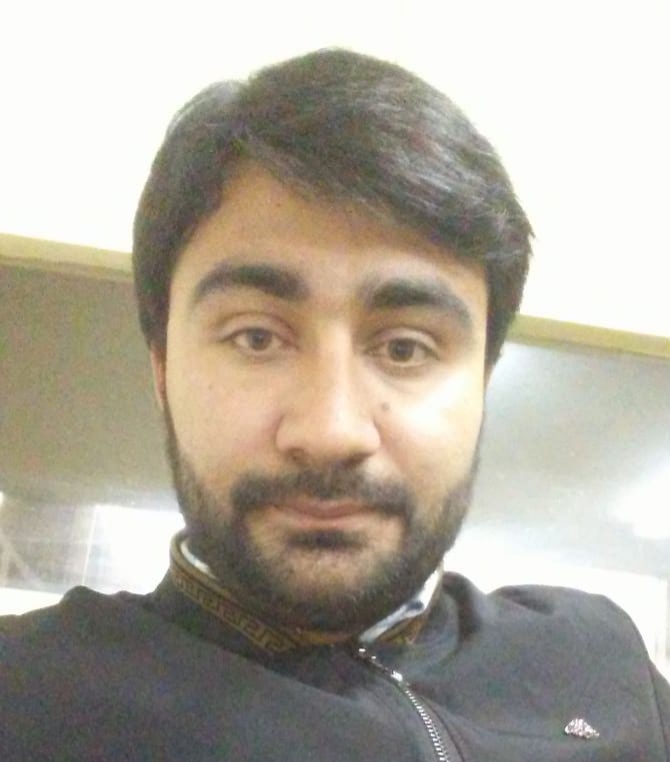Unraveling the Healthcare Quagmire in Khyber-Pakhtunkhwa: A Critical Analysis
The healthcare system in Khyber-Pakhtunkhwa is teetering on the edge of a precipice, ensnared in a quagmire of financial mismanagement, administrative apathy, and a disconcerting exodus of experienced medical professionals. Lady Reading Hospital (LRH), the linchpin of healthcare in the province, is grappling with a crisis that not only jeopardizes patient care but also exposes the systemic failures ingrained in the region’s healthcare infrastructure.
At the core of this predicament lies a severe financial crunch that has unleashed a cascade of issues. The suspension of an Rs2 billion payment under the Insaf Sehat Card category due to the government’s failure to release funds epitomizes the financial mismanagement plaguing LRH. This, coupled with outstanding payments of Rs600 million to pharmacies for essential medicines, paints a bleak picture of financial stewardship.
While recent government releases of funds have been touted as a solution, the amounts disbursed are a mere band-aid, primarily covering staff salaries. This myopic approach to financial allocation perpetuates the cycle of crisis rather than addressing the root causes. The lack of foresight in financial planning and the failure to prioritize critical healthcare needs demonstrate a systemic short-sightedness that exacerbates the existing challenges.
The departure of senior doctors, especially those with international qualifications, underscores a deeper issue – the erosion of confidence in the local healthcare system. These professionals, with years of experience and specialized skills, seek greener pastures abroad, leaving behind critical vacancies in key departments. The exodus of talents such as Dr. Tariq Sohail, the province’s only cardiac surgeon for children, and Dr. Tahir Muhammad, a cancer specialist, is a testament to the palpable disillusionment among healthcare professionals.
The impact of this brain drain reverberates through the corridors of LRH, with vital departments like the intensive care unit (ICU) and pediatric surgery left in disarray. The ensuing vacuum exacerbates the strain on the fragile healthcare system, directly impacting patient care and safety.
The approval of recruitment against vacant posts by LRH’s board of governors is a welcome move, but it reeks of a reactive approach rather than a strategic vision to address the systemic issues. Urgent hiring may fill immediate gaps, but without a comprehensive strategy to retain and attract medical talent, the cycle of departures is likely to persist.
Moreover, the reinstatement of health care services and piecemeal funding injections are akin to applying band-aids to a festering wound. Without a fundamental overhaul of financial governance, transparent budget allocations, and a commitment to addressing the root causes, these temporary measures are tantamount to kicking the can down the road.
The domino effect of late payments to doctors, the unavailability of medicines, and the overall discouragement among healthcare professionals have created an atmosphere of despondency. Patients, already grappling with health challenges, are caught in the crossfire of administrative ineptitude and systemic negligence.
The critical departments, now bereft of experienced heads, face a perilous future. Consultants in the ICU contemplating leaving their positions foreshadow a worsening situation. The healthcare crisis in Khyber-Pakhtunkhwa is not merely an administrative glitch; it is a deeply rooted malaise that demands a holistic, strategic intervention.
In dissecting the healthcare crisis in Khyber-Pakhtunkhwa, it becomes evident that the province is in the throes of a multidimensional catastrophe. Immediate measures, while essential, are insufficient without a concerted effort to address the underlying issues. The province needs a paradigm shift in its approach to healthcare governance – one that prioritizes transparency, strategic planning, and a genuine commitment to the well-being of its citizens. The current trajectory, marked by financial mismanagement and a haemorrhaging of medical expertise, is unsustainable and demands urgent, comprehensive reforms to salvage the ailing healthcare system.





